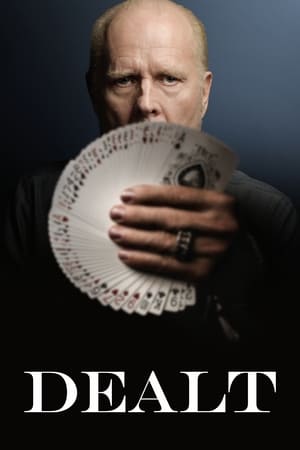Morabeza
Top 1 Billed Cast
Narrator

Morabeza
HomePage
Overview
This 16mm short film undertakes a journey from slavery to ‘Morabeza’, a multi-faceted word that describes Cape Verde’s gentle spirit. Allow yourself be guided to discover the diversity and beauty of this South African country.
Release Date
2018-11-24
Average
0
Rating:
0.0 startsTagline
Genres
Languages:
Keywords
Similar Movies
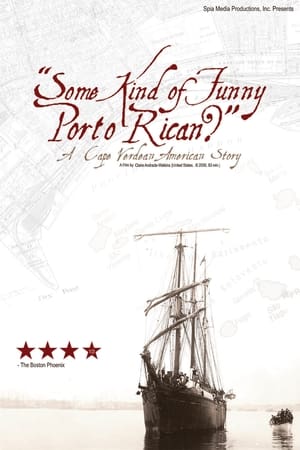 6.0
6.0"Some Kind of Funny Porto Rican?": A Cape Verdean American Story(en)
The untold tragedy and scandal of what happened to a vibrant community of immigrants from the Cape Verde Islands in the Fox Point section of Providence, Rhode Island who were forcibly displaced by urban renewal to make way for fancy coffee shops, antique stores and elegantly restored houses. Poignant, heartfelt and warm, in a timeless snapshot SKFPR captures the essence, spirit and heart of a community whose history was erased before it was written.
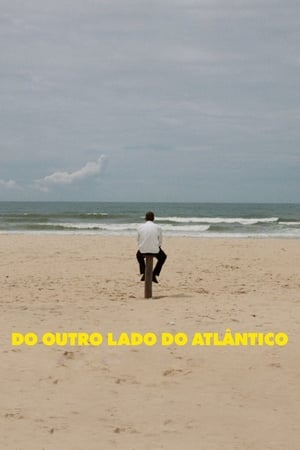 10.0
10.0The Other Side of the Atlantic(pt)
The Other Side of the Atlantic is a documentary that builts a bridge in the ocean that separates Brazil and Africa. The film tackles the cultural exchanges, the imaginary created through the mirroring, the prejudice and dreams built in both sides of the atlantic through the life stories of the students of african countries in transit through Brazil.
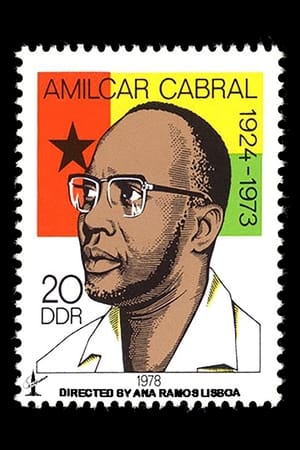 0.0
0.0Amílcar Cabral(pt)
Documentary about African freedom fighter Amílcar Cabral, whose story is told by his relatives and friends. Amílcar, besides being a humanist and nationalist, was also a brilliant poet.
Contract(en)
This film explores aspects of the African Diaspora, history and culture that are not widely known or are normally overlooked in mainstream, popular and scholarly discourse. It tells the compelling story of two African countries(Cape Verde and Sao Tome & Principe) forever linked by a history of poverty and slavery, and two people forever linked by the unbreakable bond of family and love
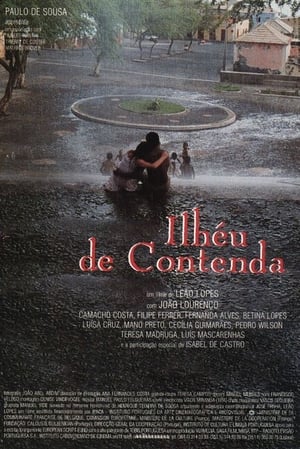 5.8
5.8The Island of Contenda(pt)
Cape Verde, 1964. At the feet of a mighty volcano, the traditional Cape Verdean society is undergoing a steady change. The old land-owning aristocracy is disintegrating. A class of "mulattos" begins to emerge, with a trade-based financial power that threatens the landlords. A new identity arises, a mix of old and new, of African and Portuguese culture, sensual and dynamic. The songs of Cesária Évora follow this inevitable transformation. From the novel by Henrique Teixeira de Sousa.
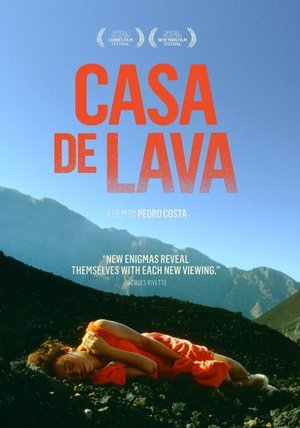 6.9
6.9Casa de Lava(pt)
The film tells a story of Mariana, a nurse who leaves Lisbon to accompany an immigrant worker in a comatose sleep on his trip home to Cape Verde. The devoted Portuguese nurse took a journey only to find herself lost in abstract drama.
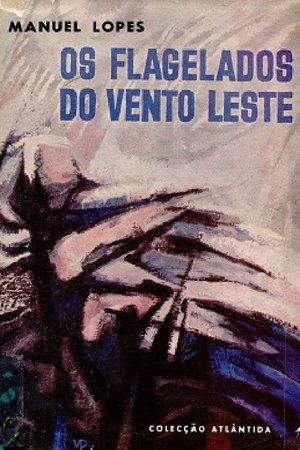 0.0
0.0The Victims of the East Wind(pt)
Film adaptation of a novel published in 1960 by Cape Verdean author Manuel Lopes.
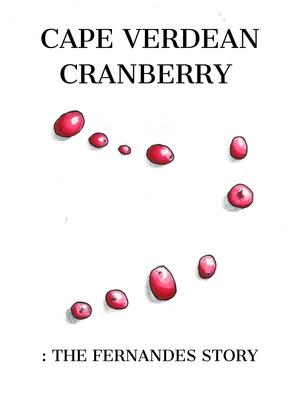 0.0
0.0Cape Verdean Cranberry: The Fernandes Story(en)
Follow the story of one family's contribution to the history that ties Cape Verdean immigrants to the cranberry industry in southern Massachusetts.
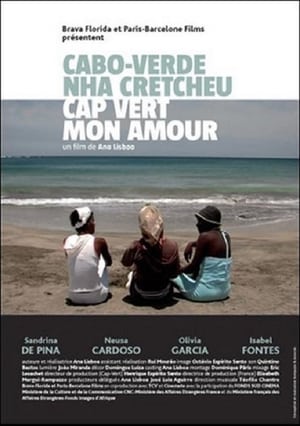 7.0
7.0Cape Verde My Love(pt)
Praia, Cape Verde. Laura, Flavia and Bela are childhood friends. Each leads her own life and they sometimes meet to dance, dine and have fun. But one day the calm rivers of their lives break their banks and become wild torrents: Ricardo, Flavia's husband, rapes his pupil Indira, Laura's 13-year old eldest daughter. A film that takes a critical look at the lives of women in Cape Verde.
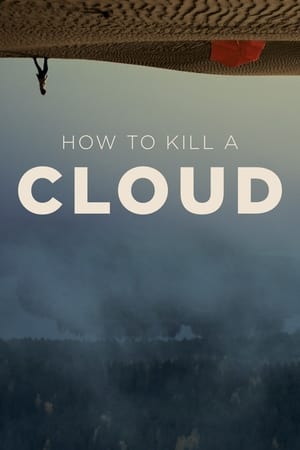 0.0
0.0How to Kill a Cloud(fi)
Scientist Hannele Korhonen has one ultimate passion: to work at the top of the atmospheric science community in the world. She wishes to be totally independent and concentrate on her science while maintaining high ethical values. Her life changes dramatically when she is awarded a 1,5 million USD research grant by the United Arab Emirates. The funder expects her to find ways to make the migratory clouds above the UAE to rain on the country suffering of drought. The opportunity to get proper funding for such a special research is perfect. Gradually she learns that the aim of the funder is to benefit one country, not science at large. Korhonen’s enthusiasm morphs into an ethical dilemma and inner conflicts.
 6.0
6.0The Remains of the Day: The Filmmaker's Journey(en)
A documentary about making The Remains of the Day.
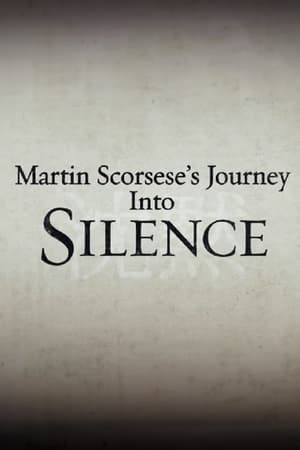 6.0
6.0Martin Scorsese's Journey Into Silence(en)
A behind-the-scenes documentary on the making of Martin Scorsese's "Silence."
 10.0
10.0Queen Victoria's Letters: A Monarch Unveiled(en)
This is the story of Queen Victoria as never heard before; a psychological insight of the woman told through her own words, her experiences recounted solely through her personal diaries and letters.
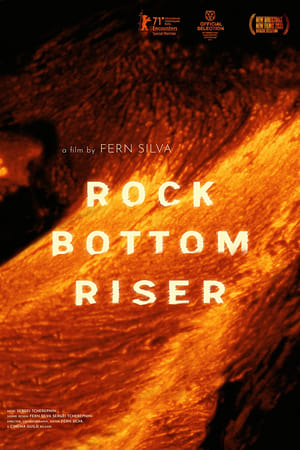 1.0
1.0Rock Bottom Riser(en)
From the earliest voyagers who navigated by starlight to the discovery of habitable planets by astronomers, Rock Bottom Riser examines the all-encompassing encounters of an island world at sea. As lava continues to flow from the earth’s core on the island of Hawaii—posing an imminent danger—a crisis mounts. Astronomers plan to build the world’s largest telescope on Hawaii’s most sacred and revered mountain, Mauna Kea. Based on ancient Polynesian navigation, the arrival of Christian missionaries, and the observatory’s ability to capture the origins of the universe, Rock Bottom Riser surveys the influence of settler colonialism, the search for intelligent life, and the discovery of new worlds as we peer into our own planet’s existence.
 7.0
7.0Lenin kam nur bis Lüdenscheid - Meine kleine deutsche Revolution(de)
The free, almost naive view from the perspective of a child puts the "68ers" in a new, illuminating light in the anniversary year 2008. The film is a provocative reckoning with the ideological upbringing that seemed so progressive and yet was suffocated by the children's desire to finally grow up. With an ironic eye and a feuilletonistic style, author Richard David Precht and Cologne documentary film director André Schäfer trace a childhood in the West German provinces - and place the major events of those years in completely different, smaller and very private contexts.
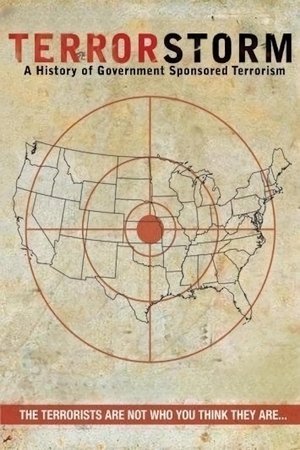 6.0
6.0Terrorstorm(en)
Throughout history, regimes have used terror attacks as a means of control over their populations, and for the last 100 years, Western governments have employed the same measures.
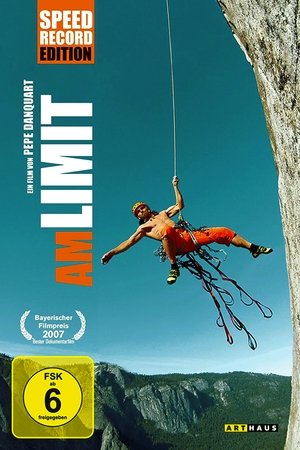 7.5
7.5To the Limit(de)
At the Limit is a documentary about extreme climbing. In this sports documentary, Pepe Danquart shows brothers Thomas and Alexander Huber climbing in Patagonia and on the granite rock "El Capitan" in Yosemite Valley (USA). A key part of the film is their attempt at a speed ascent of the 1,000-meter-high route "The Nose," in which the two athletes aim to break the then speed record of 2:48:30 hours, set by Hans Florine and Yuji Hirayama in September 2002.
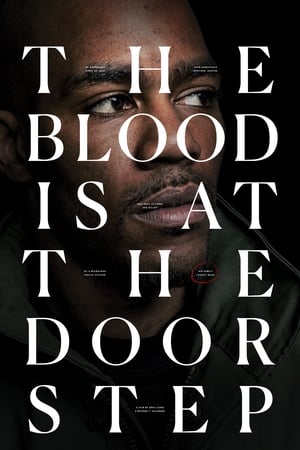 6.5
6.5The Blood Is at the Doorstep(en)
After Dontre Hamilton, a black, unarmed man diagnosed with schizophrenia, was shot 14 times and killed by police in Milwaukee, his family embarks on a quest for answers, justice and reform as the investigation unfolds.
